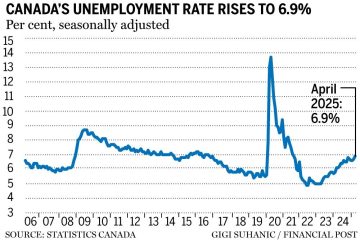Understanding Power Outages in Canada: Causes and Effects

Introduction
Power outages are increasingly becoming a significant issue across Canada, impacting daily life, businesses, and essential services. In recent years, the frequency and duration of these outages have raised concerns among residents and officials alike. Understanding the causes and implications of power outages is critical, especially as climate change and aging infrastructure pose greater challenges to the reliability of electricity supply.
Recent Events and Factors
In the summer of 2023, several provinces experienced severe thunderstorms that led to widespread power outages. For instance, Ontario reported over 400,000 homes without electricity due to strong winds and heavy rainfall. Similarly, British Columbia faced a significant outage in July when a heatwave pushed demand for electricity to peak levels, straining the power grid and resulting in rolling blackouts.
These incidents highlight the vulnerabilities of Canada’s electrical infrastructure, which is often subjected to extreme weather conditions. The Canadian Electricity Association has noted that climate-related events are becoming more frequent, prompting calls for investment in modernizing and fortifying the grid. In addition to environmental factors, the aging of equipment contributes to power reliability issues, with many components requiring urgent upgrades.
The Impacts of Power Outages
Power outages can have detrimental effects on various sectors. Residents may struggle without heating or cooling, jeopardizing health and safety. Hospitals and emergency services rely heavily on uninterrupted power supply, making it crucial to have backup systems in place. Businesses, too, suffer losses in productivity and revenue during outages, with the retail and food sectors being particularly vulnerable due to spoilage and inability to serve customers.
Moreover, power outages can affect communication networks, leading to potential risks for public safety. During major disruptions, the need for effective emergency response increases, underscoring the critical role of utility companies in managing these situations promptly.
Conclusion
Power outages pose serious challenges, and their significance will likely grow as climate change impacts escalate. For residents, understanding the causes and preparing for potential disruptions is paramount. While utility companies are making strides in upgrading infrastructure and adopting renewable energy projects, individuals should also consider investing in backup power solutions and emergency kits. As Canada progresses towards a more resilient energy future, collective efforts from both the public and government are essential in addressing these pressing issues.









